The most compelling pop singers in music right now — at least in the branch where pop singers still play guitars — were on stage last week. The 1975, fronted by Matty Healy, finished the tour in support of their second album, a US and UK number one, with a headline show at the Latitude festival, the chosen spot for recreational drug-taking by kids who have just finished their GCSEs. Ezra Furman played his most prestigious London show yet, appearing at the Barbican as part of the 20th anniversary celebrations of his label, Bella Union.
Healy and Furman are very different — the one a genuine popstar, the other off in the margins — but also defined by their similarities. Both want to speak directly to teenagers about the insecurities and unhappinesses they share (Healy, whose audience is large and fervent and young, has succeeded in this; Furman attracts a rather older crowd, who recognise and adore his musical reference points). Both shy away from any conventional masculine posturing: Healy, sylphlike and doe-eyed, flounces around onstage in a sexually ambiguous way; Furman, who identifies as gender fluid, normally wears dresses and make-up. Both define themselves in terms of a relationship to religion: Healy is a dedicated atheist, who has addressed his lack of faith in song; Furman is an observant Jew, who will not play live on Friday nights. Both spent years trying to make an impression before sudden breakthroughs, and in conversation with them, it’s evident insecurities haunt them both.
This review was meant to contrast Furman’s stripped-down appearance at the Barbican with the dazzling production, hugely influenced by the visual artist James Turrell, that The 1975 rolled out for the last time at Latitude. Blame the M25 that it doesn’t: after five hours getting no more than 30 miles from my home in north London, I turned back when it became apparent The 1975 would be well into their set before I reached Suffolk. In a sense, perhaps, this was for the best: while The 1975 are now a fearsomely consistent live group, Furman flies by the seat of his pants, and his Barbican show was a genuine oddity. It would have been a mismatch.
Furman had been on the brink of giving up music when his fifth album, a glorious explosion of old fashioned rock’n’roll and desperate soul-searching called Day of the Dog, began attracting rave notices in Britain — not so much in the US, where he still plays bars and clubs (presumably cross-dressing, gender-fluid, observant Jewish punk rock kids inspired by old fashioned rock’n’roll are ten a penny there). You might sum up what he does — wracking himself about faith, mental health, rootlessness and the redeeming force of rock music — with a single line from his song ‘Tell ’Em All To Go To Hell’: ‘I sleep in the alley/ And I walk through the valley/ Of the shadow of the Fabulous Four.’
For the Barbican, though, he was without the Boy-Friends, the backing band who provide the light to the darkness of his lyrics. At one point he introduced a song by saying: ‘And now some more of whatever I want,’ which held true all night. But whatever he wanted wasn’t always that enticing. ‘Hark! To The Music’ was recast from a jaunty pop song into Furman banging a floor tom while screaming its lyric: ‘Hop to the music if you’re just too sick/ And you’re doomed, and you’re dying/ And it’s much too quick.’ And not one, not two, but three poems read over piano improvisation was at least two too many. Furman has in the past covered Nirvana’s ‘In Bloom’ in concert — a song that was Kurt Cobain’s cry of contempt for the fan who ‘likes all the pretty songs, and he likes to sing along — but he don’t know what it means’. There was a strong sense here that Furman was sending a message to the people who like all the pretty songs, but don’t know what they mean. And at times it got a little wearing.
Nevertheless, given Furman’s desire to be consistent to himself — he told me in 2014 that his desire was to live his life with ‘radical honesty’, despite his ongoing issues with depression — there is no point complaining about it. One might as well criticise water for one minute being a refreshing drink but then flooding much of lowland Cumbria. It does what it does, and so does Furman. If you don’t like it, don’t come back.
And the high points were marvellous: ‘Restless Year’ was recast from something perky and frenetic into an R&B chug in the style of the Velvet Underground. The arrival of a string quartet added light and shade near the end of the set, leavening the dread of the lyrics. Turning ‘Haunted Head’ into a duet with the female singer Du Blonde was a terrific choice: Furman’s own voice is high and cracked and piercing, but Du Blonde softened the edges.
Furman has played some of the very best shows I’ve seen in 35 years of going to gigs, so I’ll be back for his next appearance. But this was not a concert for the neutral: if you plan to see Furman for the first time, you’re best off waiting until you see the words ‘and the Boy-Friends’ on the poster.
Got something to add? Join the discussion and comment below.
Get 10 issues for just $10
Subscribe to The Spectator Australia today for the next 10 magazine issues, plus full online access, for just $10.
You might disagree with half of it, but you’ll enjoy reading all of it. Try your first month for free, then just $2 a week for the remainder of your first year.

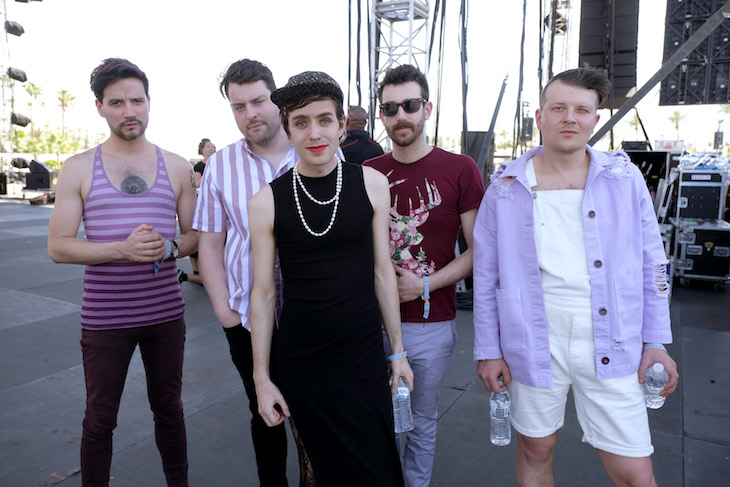
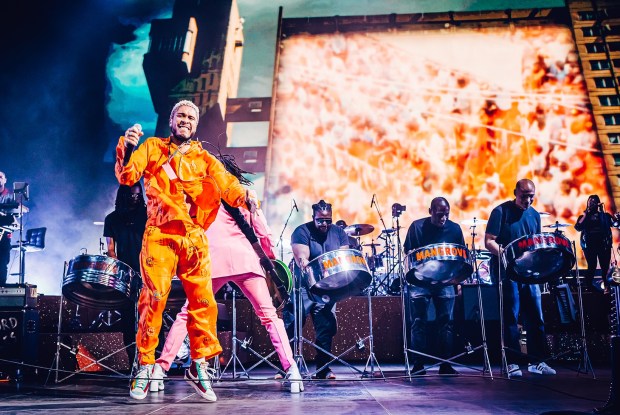
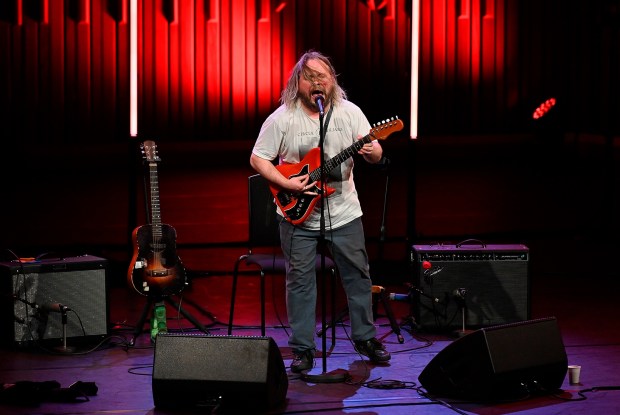
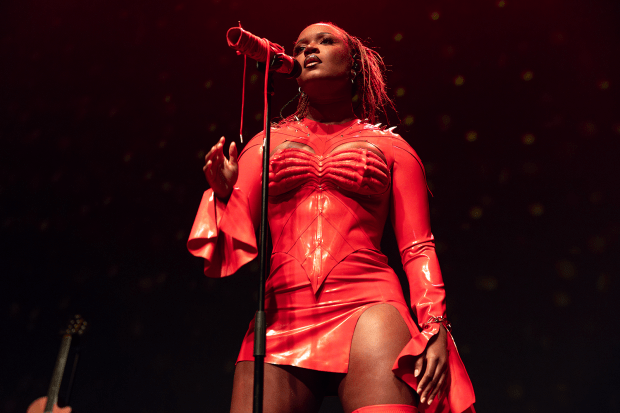
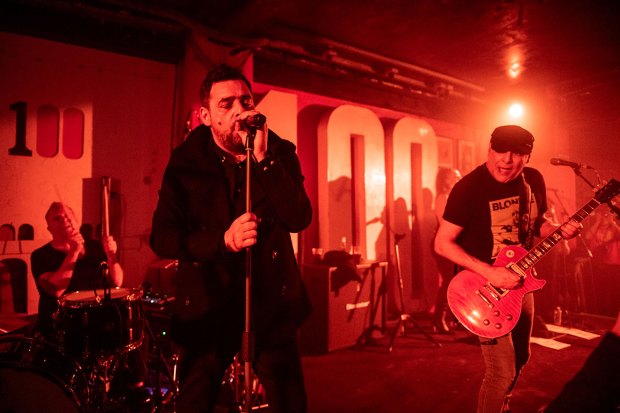

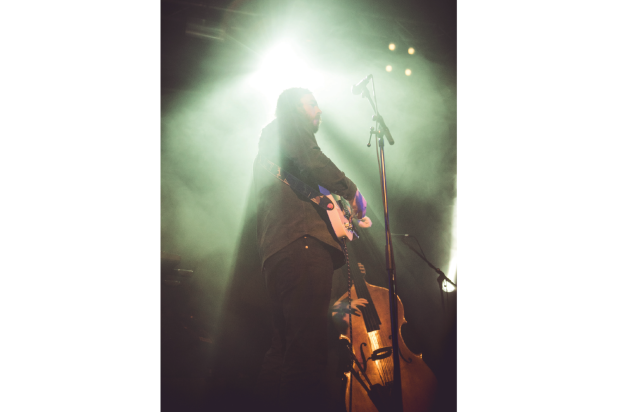






Comments
Don't miss out
Join the conversation with other Spectator Australia readers. Subscribe to leave a comment.
SUBSCRIBEAlready a subscriber? Log in